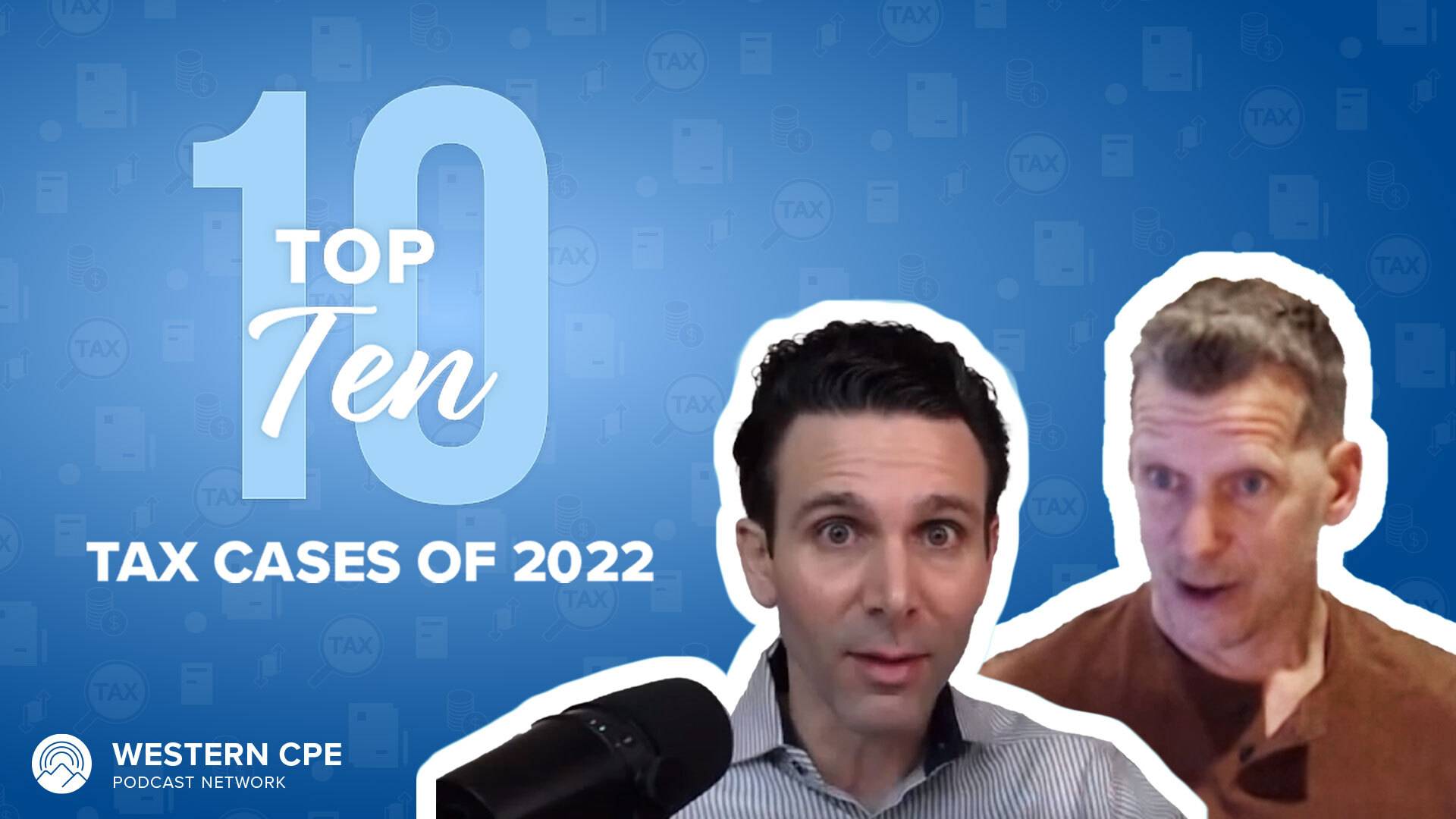

California Individual Tax Hazards: 10 Strategies for Out-of-State Practitioners
2 Credits: Taxes
$98.00
Webcasts are available for viewing Monday – Saturday, 8am – 8pm ET.
Without FlexCast, you must start with enough time to finish. (1 Hr/Credit)
California Individual Tax Hazards: 10 Strategies for Out-of-State Practitioners
Format
Self-Study Video
Course Level
Basic
CPE Credits
2 Credits: Taxes
Course Description
Navigating the intricate tax landscape of California for clients living outside the state, whether part-time or year-round, presents a unique set of challenges for tax practitioners. This course, led by tax expert Karen Brosi alongside Susan Maples, California’s FTB Taxpayers’ Rights Advocate, addresses these complexities head-on. It explores the top 10 challenges facing practitioners, encompassing critical areas such as defining residency, sourcing income, understanding community property laws, and dealing with real estate and installment sales within California’s taxing authority. Participants will learn to distinguish between residency and domicile, identify California-source income for various taxpayer statuses, and navigate through the state’s specific tax laws, including those related to property sales and like-kind exchanges. This course offers comprehensive solutions and insights, empowering practitioners to adeptly manage California tax filings for their non-resident clients.
Learning Objectives
Upon successful completion of this course, participants will be able to:
Section 1
- Recognize the requirements for residency in California, noting the difference between residency and domicile in California
- Note the types of California-source income and its impact on income tax for residents, non-residents, part-year residents, and pass-through entities
- Recall the defining characteristics of domicile and community property laws with respect to California married couples and Registered Domestic Partners
- Cite California tax laws including filing requirements regarding the sale of real property and like-kind exchanges
Section 2
- Recognize the taxation requirements for installment sales, noting differences between California non-resident and resident treatment
- Cite California laws including filing requirements and applicable issues regarding the reporting of worldwide income, the treatment of carryovers for residents and non-residents, the filing of group non-resident returns, the apportionment of income for trusts with out-of-state trustees, e-filing, and paying taxes electronically
- Recognize the requirements for California’s mental health tax, noting taxpayers who may be subject to the mental health tax
- Note the requirements of the Other State Tax Credit (OSTC)
- Recognize the process of requesting a penalty abatement, noting excuses that show the taxpayer has reasonable cause for avoiding the penalty
- Recognize the purpose of a MyFTB Account, noting the information a tax practitioner has access to, as well as the authority to respond to FTB notices or file Powers of Attorney for clients
Course Specifics
8172584VID
February 8, 2023
There are no prerequisites.
None
Compliance Information
CTEC Course Number: 2071-CE-1209
CTEC State Credits: 2
CFP Notice: Not all courses that qualify for CFP® credit are registered by Western CPE. If a course does not have a CFP registration number in the compliance section, the continuing education will need to be individually reported with the CFP Board. For more information on the reporting process, required documentation, processing fee, etc., contact the CFP Board. CFP Professionals must take each course in it’s entirety, the CFP Board DOES NOT accept partial credits for courses.
CTEC Notice: California Tax Education Council DOES NOT allow partial credit, course must be taken in entirety. Western CPE has been approved by the California Tax Education Council to offer continuing education courses that count as credit towards the annual “continuing education” requirement imposed by the State of California for CTEC Registered Tax Preparers. A listing of additional requirements to register as a tax preparer may be obtained by contacting CTEC at P.O. Box 2890, Sacramento, CA, 95812-2890, by phone toll-free at (877) 850-2832, or on the Internet at www.ctec.org.
Meet The Experts

Karen Brosi, CFP, EA, has an extensive California tax practice, advising clients in individual tax and family wealth planning, specializing in complex individual income tax matters and all types of securities transactions. Her background as a CFP and as a tax preparer for the wealthy makes her particularly effective in the tax and financial planning arenas. Karen teaches tax professionals how to avoid tax minefields with her extensive planning checklists and practical tips. Besides being one of the most prominent California tax update instructors, she’s a favorite interviewee on radio, television, and in print media, such as Bloomberg Businessweek. Karen’s powerful real-life …
Related Courses
-
 Taxes
Taxes
Top 10 Tax Cases of 2022 with Tony Nitti and Damien Martin
Damien Martin, CPA, MST & Tony Nitti, CPA, MST QAS Self-Study Video
Credits: 4 $196.00
QAS Self-Study Video
Credits: 4 $196.00$196.00$119.00 -
 Taxes
Taxes
Cryptocurrency Taxation: A Foundation for Advisors
Shehan Chandrasekera, CPA QAS Self-Study Video
Credits: 2 $98.00
QAS Self-Study Video
Credits: 2 $98.00$98.00
-
 Taxes
Taxes
2023 Federal Tax Update (Complete Edition)
Mark Seid, EA, CPA, USTCP & Sharon Kreider, CPA QAS Self-Study Video
Credits: 16 $645.00
QAS Self-Study Video
Credits: 16 $645.00$645.00$484.00
